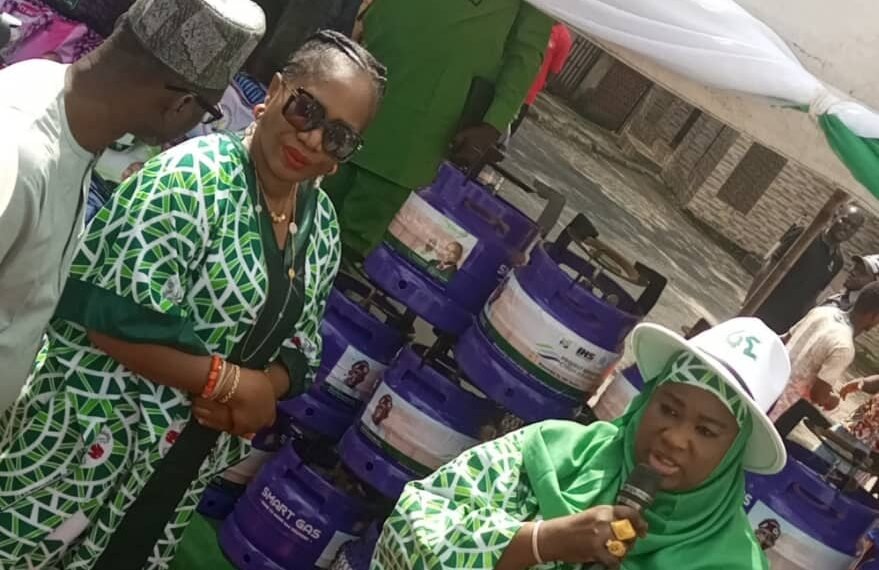The Federal Capital Territory Administration (FCTA) on Wednesday rolled out two flagship health initiatives, the distribution of free mother–baby kits and the Abuja breathe fresh air project, as part of events to mark Nigeria’s 65th Independence Anniversary.
At the launch held at the Asokoro District Hospital, the Minister of State for the FCT, Dr. Mariya Mahmoud, said the programmes were designed to tackle Nigeria’s stubbornly high maternal and infant mortality rates, while also confronting the silent health crisis caused by household air pollution.
Mahmoud said the mother–baby kits, which will be distributed free of charge to women across the territory, contain essential medical supplies to support safer labour, delivery, and neonatal care.
“No woman should face childbirth without the tools and support she needs, and no child should begin life without adequate care,” Mahmoud said, insisting that the administration was committed to ensuring “every mother and baby are given the best start possible.”
The Abuja breathe fresh air project, according to her, will replace firewood, charcoal, and kerosene in vulnerable households with Liquefied Petroleum Gas (LPG) cookers.
She described the move as a “bold, forward-looking step” to tackle respiratory illnesses linked to indoor smoke inhalation, which kills thousands in Nigeria every year.
Read also:
- Nigeria @65: NUJ FCT slams FG over insecurity, press freedom, welfare of journalists
- FCT Chief Judge frees 35 Inmates from Keffi Correctional Centre
- NUJ FCT mourns Arise TV anchor Somtochukwu Maduagwu, demands forensic probe into death
Mahmoud claimed the initiatives were part of a broader transformation of the FCT’s health system under the “Renewed Hope Agenda.”
She listed ongoing hospital renovations, better welfare packages for health workers, training investments, and the establishment of a public health emergency operations centre among reforms meant to boost efficiency and resilience.
She used the occasion to urge Nigerians to mark the independence anniversary by recommitting to “building an FCT where every home is healthier, every birth is safer, and every breath is cleaner.”
Mandate Secretary of the FCT Health Services and Environment Secretariat, Dr. Adedolapo Fasawe, struck a more somber note.
She admitted that despite years of government programmes, Nigeria continues to record some of the worst maternal and infant mortality rates in the world.
“Every year, too many women still lose their lives during childbirth, and too many newborns do not live to see their first birthday,” Fasawe said.
She linked the deaths partly to the lack of access to “clean, safe, and essential supplies during delivery,”
arguing that the mother–baby kits were designed to plug that gap by providing “basic but critical items needed to ensure a hygienic and safe delivery both for the mother and the child.”
Fasawe reiterated the FCTA’s commitment under Minister Nyesom Wike to invest in “strategic health interventions that have a direct impact on rural communities.”






